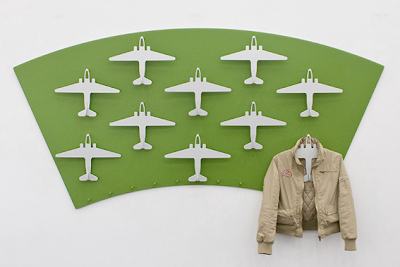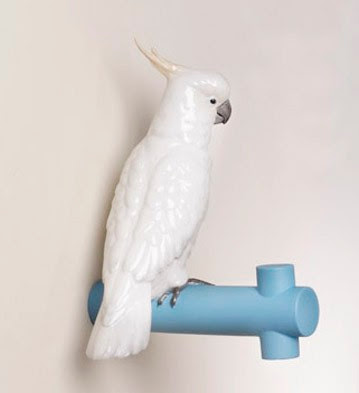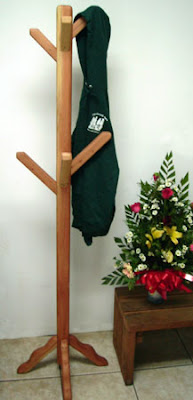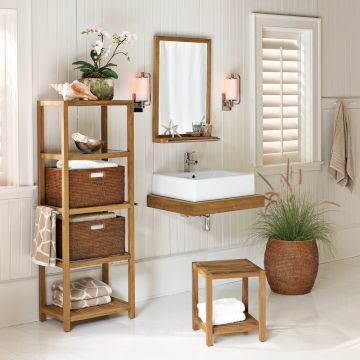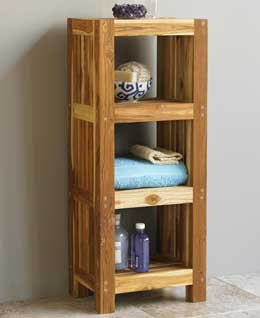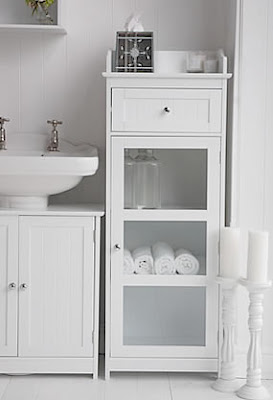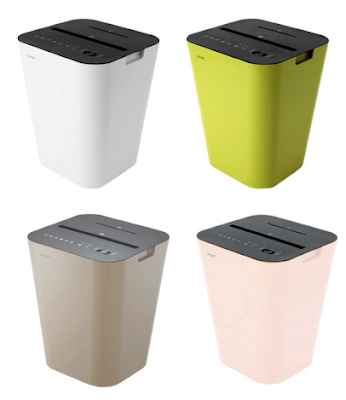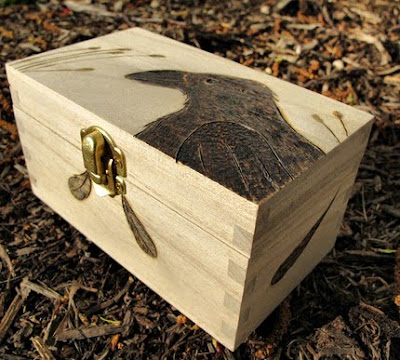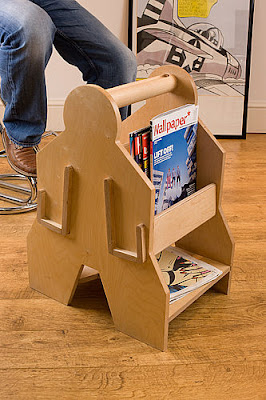
Memory problems can result from all sorts of medical issues - so it's worth seeing a doctor if you have concerns about your memory.
But here are some suggestions on how to stay organized even when your memory isn't working at its best. (Note: These tips are intended for those with manageable memory issues, not severe issues that put someone at serious risk of harm.) Many of these suggestions are useful to those without memory issues; they just take on some added urgency if memory is a concern.
1. DeclutterIf you
do misplace something, it will be easier to find if your space isn't cluttered.
2. Have a place for everything - and label it.This may include labeling the outside of dresser drawers and kitchen cabinets. The
Remind and Find labels shown above were designed for just this purpose - and of course you can find others, or create your own. [via organizer
Shannon Zipoy]
You'll want to be especially sure to have set places for your glasses, keys, wallet, medications and important papers.
3. Use routines and checklists.If there are things you need to do repeatedly - every day, for example - consider creating a checklist. A morning checklist and a before-bed checklist work well for some people.
Specialized checklists for how to do specific tasks can be helpful, too. My mother used to have a checklist that told her exactly how to take her insulin, and it worked fine for her, even though she sometimes had memory challenges in other areas.
4. Use a calendar, a to-do list, and a message-taking notebook.A single calendar or planner that lists all your appointments is a critical tool. Your to-do list could be noted on the calendar/planner or kept separately; some people like to use a whiteboard to keep their to-do items in front of them.
It can also help to have a notebook where you record all your phone messages and notes from conversations with others, so you don't wind up with random pieces of paper all over the place. With the single-notebook approach, you know that if you forget what someone said, you can easily go look it up.
An alternative (or supplement) to the notebook might be a voice recorder; this is another good way to capture notes to yourself.
 5. Use whatever memory aid products are useful to you.
5. Use whatever memory aid products are useful to you. Some of the most common memory aids are
weekly pill cases; there are many to choose from. There are all sorts of pill dispensers and reminders, too; see
MaxiAids and
ActiveForever.com for some ideas. BIndependent has some
advice about selecting the medication aid that's best for you.
Timers of all sorts can be useful, too.
But I've been amazed at the range of products available - such as the Clarity photo phones, found
here and
here. [Via BIndependent,
which also sells this phone] A glance at the list of memory aids at
Gold Violin and
Dynamic Living might give you some ideas, too.
 6. Consider tools that help you find misplaced items.ADDitude Magazine
6. Consider tools that help you find misplaced items.ADDitude Magazine lists a few of the many products available, including the
Find One, Find All key finder shown above.
7. Let people help.Sometimes just a little help is all someone needs. My brother or I loaded my mom's weekly pill cases each week - but she didn't need any help remembering to take the pills once they were in the pill cases. She had her routines, and they served her well.
8. Mix and match all of the above into a solution that works for you.Everyone's needs are different; experiment and find out what works for your particular situation!
Anyone else have suggestions? If something has worked particularly well for you or someone you know, I'd love to hear about it.









